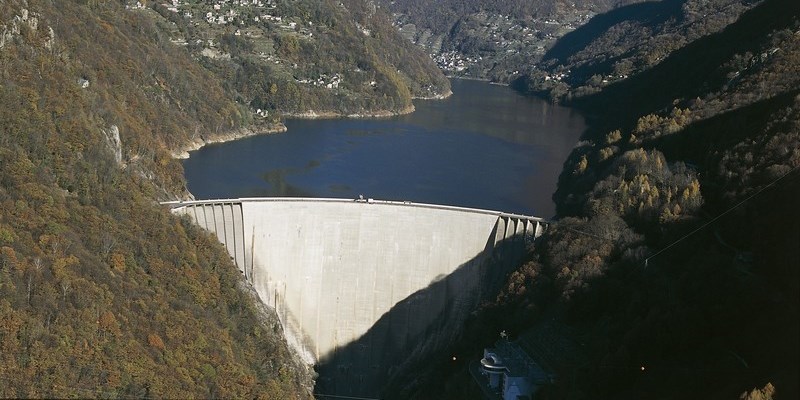Department Environmental Social Sciences
Social acceptance of hydropower

After the nuclear accident in Fukushima in 2011 the Swiss government has decided to phase out nuclear power in the coming decades. As a result of this decision, a long-term energy policy “Energy Strategy 2050” has been developed with the aim to secure country’s energy supply without nuclear power. Among other measures, the strategy foresees an increase in hydropower production of 3.2 TWh or around 9% of its current production. This expansion is, however, not possible under current socio-economic conditions. It is estimated under the assumption that economic conditions and social acceptance of hydropower will be improved in the future. The ongoing debate reveals that there is much uncertainty about the expansion potential, social acceptance, benefits and costs associated with the expansion of hydropower production, especially if externalities and uncertain future conditions (e.g., prices) are taken into account. In order to support energy policy and decision-making in Switzerland, this project aims to provide a better insight into the public preferences of the Swiss population for the suggested hydropower expansion. More specifically, the main objectives of the project are (1) to assess preferences of the Swiss population for positive and negative impacts of expanding hydropower production by conducting a survey with a choice experiment, (2) to identify the main determinants of public preferences for hydropower expansion (e.g., nuclear risk aversion; trust of local communities in hydropower providers) and (3) to explore the strength of not-in-my-backyard phenomenon. In addition, several methodological aspects of discrete choice experiments will be studied.
